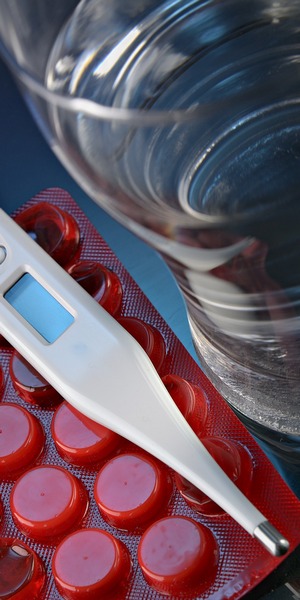Benign Hypertension: An In-Depth Examination

Benign Hypertension, a term frequently used in the medical field, necessitates comprehensive understanding to adequately manage its effects on an individual’s health. While the name suggests something mild or non-threatening, benign hypertension shouldn’t be taken lightly as it presents significant health concerns.
What is Benign Hypertension?
Benign hypertension is a form of high blood pressure that develops and progresses slowly over many years. Despite its name, it is not a ‘harmless’ condition; rather, it denotes the disease’s early stage where noticeable symptoms might be absent, but harmful effects on the body can occur.
Table: Classification of Hypertension
Stages of Hypertension Systolic Blood Pressure (mm Hg) Diastolic Blood Pressure (mm Hg) Normal Less than 120 Less than 80 Elevated 120-129 Less than 80 Hypertension Stage 1 130-139 80-89 Hypertension Stage 2 140 or higher 90 or higher Hypertensive crisis Higher than 180 Higher than 120
Note: Both systolic and diastolic values are used to classify the stage of hypertension. If they fall into different categories, the higher value is used for classification.
Causes and Risk Factors
The exact cause of benign hypertension remains unclear, although several factors are known to increase the risk. These include:
- Age: The risk increases with age due to arterial stiffness;
- Family history: Genetics plays a role. Those with a family history of hypertension are more prone to develop it;
- Weight: Overweight and obesity can lead to higher blood pressure;
- Lack of physical activity: Sedentary lifestyle often leads to weight gain and high blood pressure;
- Tobacco and alcohol: Both can cause blood vessels to narrow, leading to high blood pressure;
- Salt intake: A diet high in salt can lead to fluid retention and hypertension;
- Stress: Chronic stress may contribute to hypertension.
Symptoms and Complications
Typically, benign hypertension shows no explicit symptoms. This lack of symptoms makes regular blood pressure checks essential, particularly for those in the high-risk category. If not addressed, benign hypertension can progress to malignant hypertension, a more serious form that can damage organs.
Long-term complications associated with benign hypertension include:
- Heart disease: High blood pressure forces the heart to work harder, leading to heart disease;
- Stroke: High blood pressure can cause blood vessels in the brain to burst or clog, leading to stroke;
- Kidney disease: The kidneys filter blood, and high blood pressure can damage the blood vessels in the kidneys;
- Eye damage: High blood pressure can damage the blood vessels in the eyes.
Management of Benign Hypertension
While benign hypertension cannot be cured, it can be effectively managed with the correct lifestyle changes and medication. These include:
- Regular exercise: Engaging in physical activities like brisk walking, cycling, or swimming can help lower blood pressure;
- Healthy diet: Adopting a diet rich in fruits, vegetables, whole grains, lean proteins, and low-fat dairy products can help reduce blood pressure;
- Limiting alcohol and quitting smoking: Both alcohol and tobacco can raise your blood pressure;
- Reducing salt intake: Consuming less salt can help reduce fluid retention and blood pressure;
- Maintaining a healthy weight: Achieving and maintaining a healthy weight can help control blood pressure;
- Medication: In some cases, medication is required to manage blood pressure. These can include diuretics, ACE inhibitors, beta-blockers, and calcium channel blockers.
Conclusion
Benign hypertension, despite its deceptive name, presents a real risk to individuals’ health. Regular monitoring of blood pressure, maintaining a healthy lifestyle, and medication (when necessary) can effectively manage this condition and minimize its potential damage to the body’s critical systems. Always remember to consult with your healthcare provider for personalized advice and guidance.
FAQS
While there is no outright cure for hypertension, it can be managed effectively with the correct lifestyle changes and medication, potentially preventing progression to more severe stages.
The term ‘benign’ is used because, in its early stages, hypertension typically doesn’t show noticeable symptoms and progresses slowly. However, it still can lead to serious health problems if left unmanaged.
This depends on your current health status and family history. If you’re at high risk for hypertension, regular checks are crucial. Discuss with your healthcare provider to determine the optimal frequency.
Yes, long-term untreated hypertension can lead to various heart conditions, including heart attacks. It forces the heart to work harder, leading to heart disease over time.
Absolutely. Regular exercise helps strengthen the heart, making it more efficient at pumping blood, thereby reducing the pressure on the arteries and lowering blood pressure.








